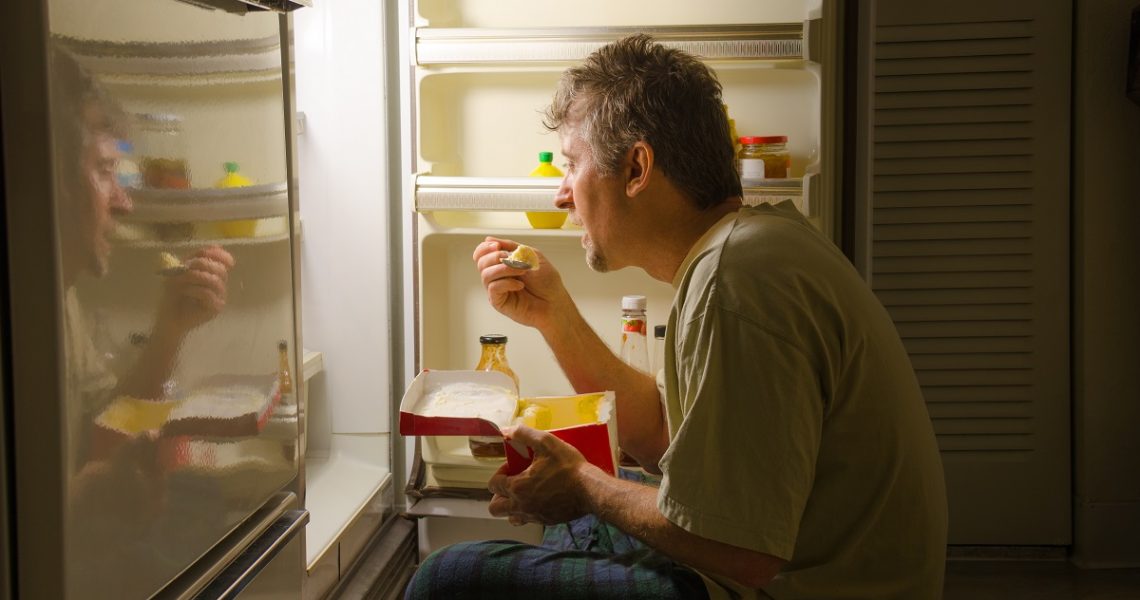The pandemic upended the lives of many people across the country. It forced them to stay home to avoid catching the virus that put the whole world at a standstill. The situation also saw grocery shelves emptied, public events canceled, and streets without rush hour traffic.
Since the health crisis was unprecedented, it caught many people by surprise, and they had to make do with what they had at home. Households also started gardens at home to ensure they have a steady supply of fresh vegetables.
The situation had a more pronounced effect on people with eating disorders. The empty store shelves had them wondering where they can get the nourishment that they needed. Some even considered letting their disorder take over and see how far they can go during the pandemic.
Even as things improve with more than 300 million vaccines administered, people with eating disorders have to try to cope with the situation. Here are the things that they can do.
Stay Connected with People
Self-isolation became the norm when the pandemic started. But this does not mean people cannot connect. This may have been challenging in the past, but technological developments have made communicating with people easier.
Video conferencing software allows people to see and talk with other people even if they lived in different parts of the country. Connecting with people they trust allows them to get the support they need during a health crisis. It is also advisable for people with eating disorders to remain connected with friends who are aware of their condition and know the support they can give.
Even if they do not know anyone knowledgeable about the condition, they still have options. They can contact an anorexia treatment facility so the specialists at the facility can provide the support they need. The specialists can provide recommendations on alleviating any discomfort they are feeling until after everything goes back to normal.
The Struggle is Understandable

The disruption in people’s routines might have caused them to feel more stressed than usual. At this point, they can reflect on their situation and acknowledge that they are struggling. By acknowledging it, they can start to work on alleviating the stress they are feeling.
Similar to other people, they may also be affected by the uncertainty of the situation. Due to this, they should try to get back control of the things they can control. They can take action and resolve the issues that they can control. They can also challenge their need to have certainty. Since they are facing something unprecedented, they should consider the fact that certainty is not quite attainable.
For instance, the food they require may not be available until everything gets back to normal. With this, they can make do with what they have and manage their expectations. Managing their expectations allows them to remove the need for certainty since they now know that anything can happen. At this point, they can focus on the big picture, which is trying to get through the crisis relatively unscathed.
Focus on Nourishment
Even though the food supply may be limited, they can focus on nourishment to ensure they remain healthy until everything goes back to normal. They should also acknowledge that not all meals are balanced. They may even get any available snacks that they have at home. Tweaking the meals should focus on giving them nourishment to stay fit and healthy. They can concentrate on getting what is good enough for their bodies, especially if they have a penchant for something that they cannot obtain at the moment.
But once they get the chance to go out after getting fully vaccinated, they can start to go back to their pre-pandemic diet to deal with their eating disorder.
Do Not Forget About Recovery
With the end of the pandemic coming close, people with an eating disorder should use this to motivate them and prevent them from falling into a depressive state. They can also avoid falling into depression by following a daily routine and getting enough rest. Focusing on being grateful can help as well as practicing mindfulness.
The risk of getting depressed was higher when the pandemic first started. But the current situation has improved significantly, and people should focus on these positive aspects to keep their spirits up. This is particularly true for people with eating disorders so that they can focus on recovery and avoid going back to their old practices.
The pandemic significantly affected people who experienced eating disorders due to the limited food supply when the pandemic started. But they can focus on the positive aspects of their lives so that they can come out of the health crisis relatively unscathed.

